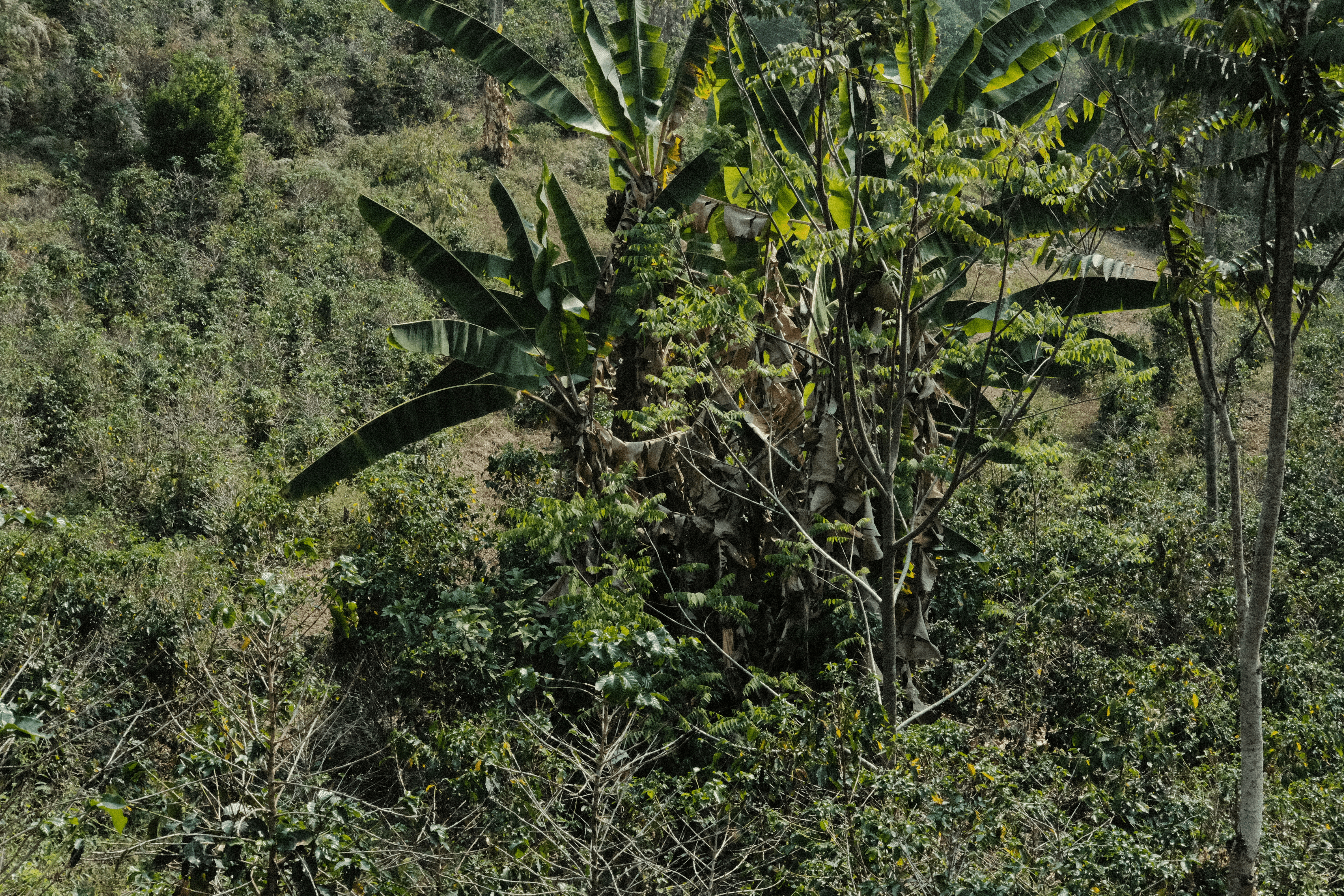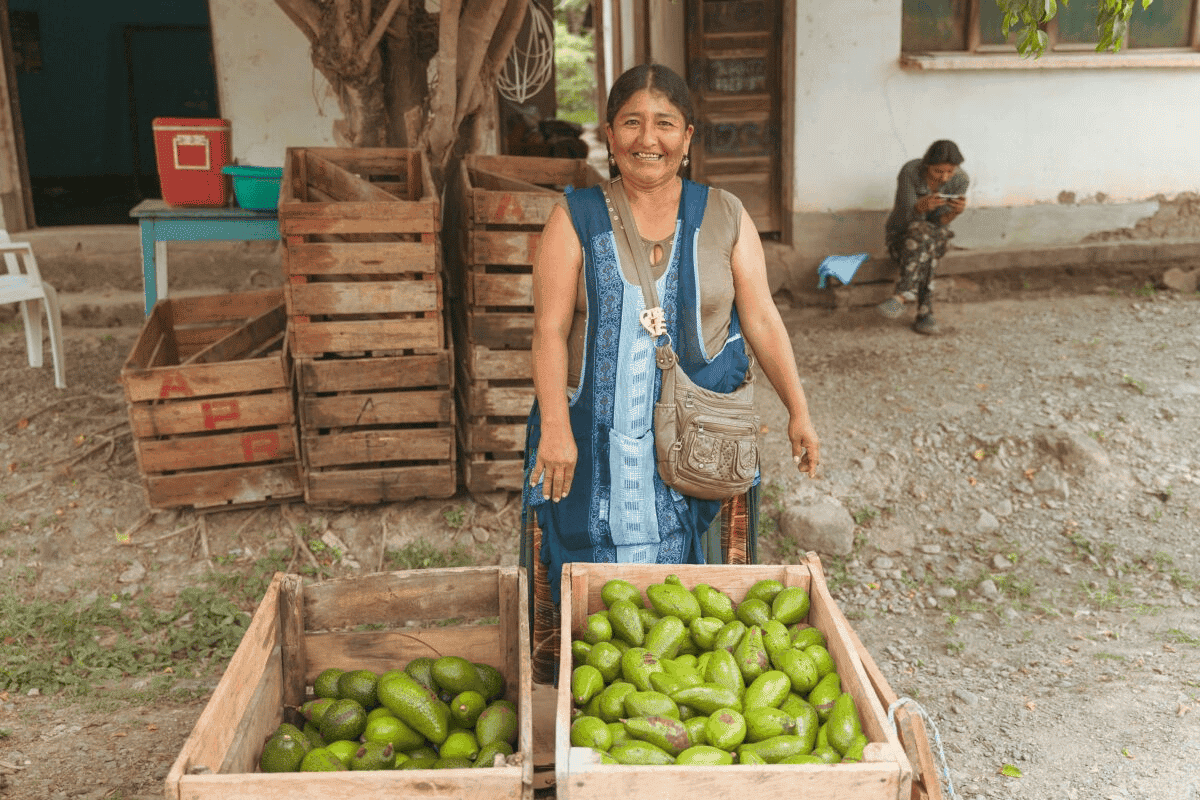
Bolivia, a country located in the heart of South America, is blessed with the starkly contrasting natural environments of the Andes Mountains and the Amazon Rainforest. Among its many attractions, the world-renowned Uyuni Salt Flats stand out as a major tourist destination. The El Alto International Airport in the capital La Paz at an altitude of 4,000 meters, holds the distinction of being the highest airport in the world. Bolivia is a nation of mixed ethnicities, with a strong indigenous presence, evident in the sight of women donning traditional attire in the streets. The country is also proactive in environmental conservation, boasting several UNESCO World Heritage-listed nature reserves that have earned international acclaim for their biodiversity. Since gaining independence from Spain in 1825, Bolivia has remained South America's poorest nation, grappling with significant income inequality and persistent political instability. The government's past decisions to sell mining rights to developed countries for short-term gains has failed to translate into prosperity for its citizens. Additionally, a border conflict with Chile that resulted in the loss of Bolivia's coastal territory, rendering it a landlocked nation, is often cited as a factor hindering the country's development. Bolivia's economy is heavily reliant on primary commodities, including agricultural products like soybeans, sunflowers, and sugar, as well as natural resources such as gold, zinc, lead, silver, and natural gas, which collectively account for about 80% of its total exports. This dependency makes Bolivia particularly vulnerable to fluctuations in international market prices. Recently, Bolivia has drawn attention for its vast lithium reserves, estimated at 21 millions tons, which account for roughly a quarter of the world's known supply. With the global demand for lithium soaring due to its essential role in the production of smartphone and electric vehicle batteries, a fierce competition has emerged for access to this valuable resource. Bolivia began operating a lithium production plant in late 2023, hoping it will catalyze economic growth. However, there are also concerns about the impact of mining activities on the traditional lifestyles of local communities.

Coffee was introduced to Bolivia during the Spanish colonial period, with production beginning in the 1800s. The country has a history of land reforms that redistributed agricultural land from the ruling class to Indigenous peoples, resulting in a significant proportion of coffee being produced by small family-run farms. Unlike other coffee-producing regions, Bolivia grows relatively few hybrid varieties, instead cultivating mostly pure strains like Typica and Caturra. In 2004, the United States Agency for International Development (USAID) launched a project in Bolivia. USAID, a US government organization focused on international development, initiated the project as part of an effort to address the severe drug problem in the United States. The initiative aimed to replace coca leaf production - the raw material for cocaine, which has deep cultural roots in Bolivia and is commonly chewed or brewed into tea - with specialty coffee production. Given that coca is easier to cultivate and provides quicker financial returns compared to coffee, many farmers had been switching from coffee to coca cultivation. To counter this trend, USAID provided technical assistance, established new processing facilities, and worked to improve the productivity and quality of Bolivian coffee. The same year, Bolivia hosted its first Cup of Excellence (COE), a coffee competition that garnered international attention. However, the political landscape shifted leftward in 2008, leading to heightened tensions between Bolivia and the US. USAID was expelled, and the COE was discontinued after its final event in 2009. Despite the potential dominance of USAID's role, there's no denying that their efforts laid the foundation for Bolivia's specialty coffee industry. Many farmers who received COE training have since become outstanding producers. In 2015, the Presidential Cup (Torneo Taza de Café Presidencial) was launched as an international coffee competition to replace the COE. However, because this competition is government-run, it remains vulnerable to the country's political fluctuations, and challenges persist. Bolivia's coffee production holds immense potential, though it has been overshadowed by political instability and the influence of larger nations. The country is home to exceptional coffee and dedicated producers, but what is needed is a sustained connection to international markets. Bolivia is a nation where fostering long-term relationships can make a meaningful impact on its coffee industry.
Warehoused
4 Llamas 2024/25
0roasters are interested
2roasters purchased
Sample Request :
Start
End
Pre-oder :
Start
End
Estimated Delivery :
Mid March 2025
Warehoused
Finca Isabel 2024/25
0roasters are interested
1roasters purchased
Sample Request :
Start
End
Pre-oder :
Start
End
Estimated Delivery :
Mid April 2025
Warehoused
Nayra Qata 2024/25
Producer/Curator:
Juan Boyan Guarachi
It is not easy for us foreigners to connect with coffee producers in chaotic environments like Bolivia. Politics, culture, power relations, human relations, and the harsh natural environment are all intertwined and drag us further and further into chaos. The most famous Bolivian producer is Agricafe and the rest of the…Read More
2,475roasters are interested
220roasters purchased
Sample Request :
Start
End
Pre-oder :
Start
End
Estimated Delivery :
Mid April 2025
Price
12 USDFOB/kg
Quantity
0/50 bags (20kg)
Samples
Out of Stock
-
Price
12 USDFOB/kg
Quantity
0/50 bags (20kg)
Samples
Out of Stock
-
Price
20 USDFOB/kg
Quantity
0/20 bags (20kg)
Samples
Out of Stock
-
Price
20 USDFOB/kg
Quantity
0/20 bags (20kg)
Samples
Out of Stock
-
Price
35 USDFOB/kg
Quantity
0/20 bags (20kg)
Samples
Out of Stock
-
Price
45 USDFOB/kg
Quantity
0/3 bags (20kg)
Samples
Out of Stock
-
Price
60 USDFOB/kg
Quantity
0/3 bags (20kg)
Samples
Out of Stock
-
Price
15 USDFOB/kg
Quantity
0/3 bags (20kg)
Samples
Out of Stock
-
Price
15 USDFOB/kg
Quantity
0/3 bags (20kg)
Samples
Out of Stock
-
Price
17.64 USDFOB/kg
Quantity
0/1 bags (20kg)
Samples
Out of Stock
-
Price
39.68 USDFOB/kg
Quantity
0/1 bags (20kg)
Samples
Out of Stock
-
Price
7 USDFOB/kg
Quantity
0/70 bags (20kg)
Samples
Out of Stock
-
Price
8.5 USDFOB/kg
Quantity
0/42 bags (20kg)
Samples
-
-
Price
10.5 USDFOB/kg
Quantity
0/26 bags (20kg)
Samples
-
-
Price
8.68 USDFOB/kg
Quantity
0/150 bags (20kg)
Samples
-
-
Price
11.54 USDFOB/kg
Quantity
0/150 bags (20kg)
Samples
-
-
Price
23.64 USDFOB/kg
Quantity
0/33 bags (20kg)
Samples
-
-
Price
14.84 USDFOB/kg
Quantity
0/9 bags (20kg)
Samples
Out of Stock
-
Price
18 USDFOB/kg
Quantity
0/5 bags (20kg)
Samples
-
-
Price
10.44 USDFOB/kg
Quantity
0/20 bags (20kg)
Samples
-
-
Price
9.34 USDFOB/kg
Quantity
0/30 bags (20kg)
Samples
-
-
Price
10.44 USDFOB/kg
Quantity
0/30 bags (20kg)
Samples
-
-
Price
9.89 USDFOB/kg
Quantity
0/7 bags (20kg)
Samples
-
-
Price
15.94 USDFOB/kg
Quantity
0/10 bags (20kg)
Samples
-
-
Price
15.94 USDFOB/kg
Quantity
0/10 bags (20kg)
Samples
-
-
Price
14.84 USDFOB/kg
Quantity
0/2 bags (20kg)
Samples
Out of Stock
-